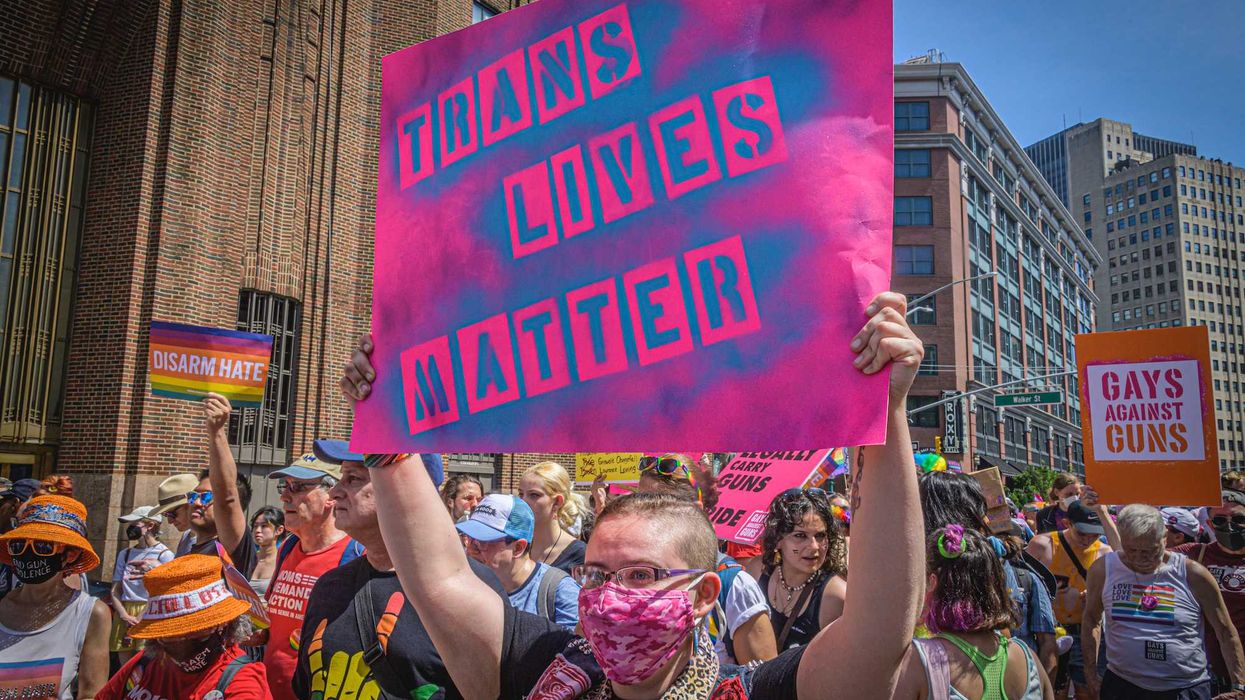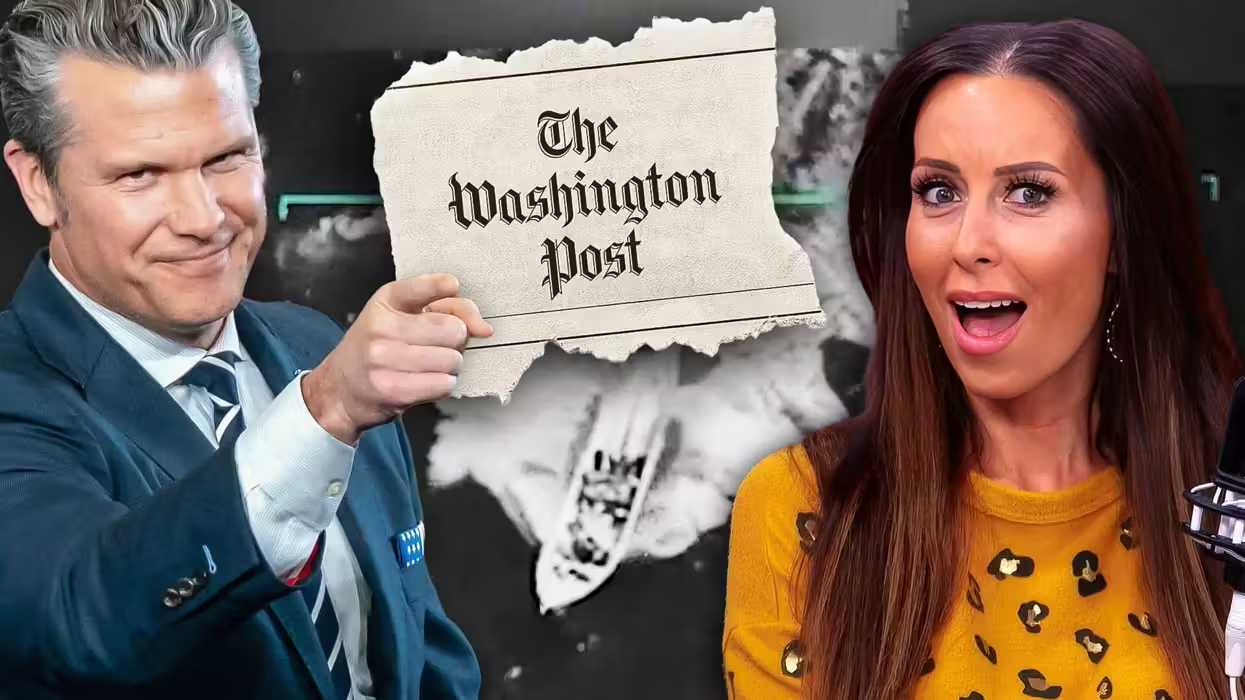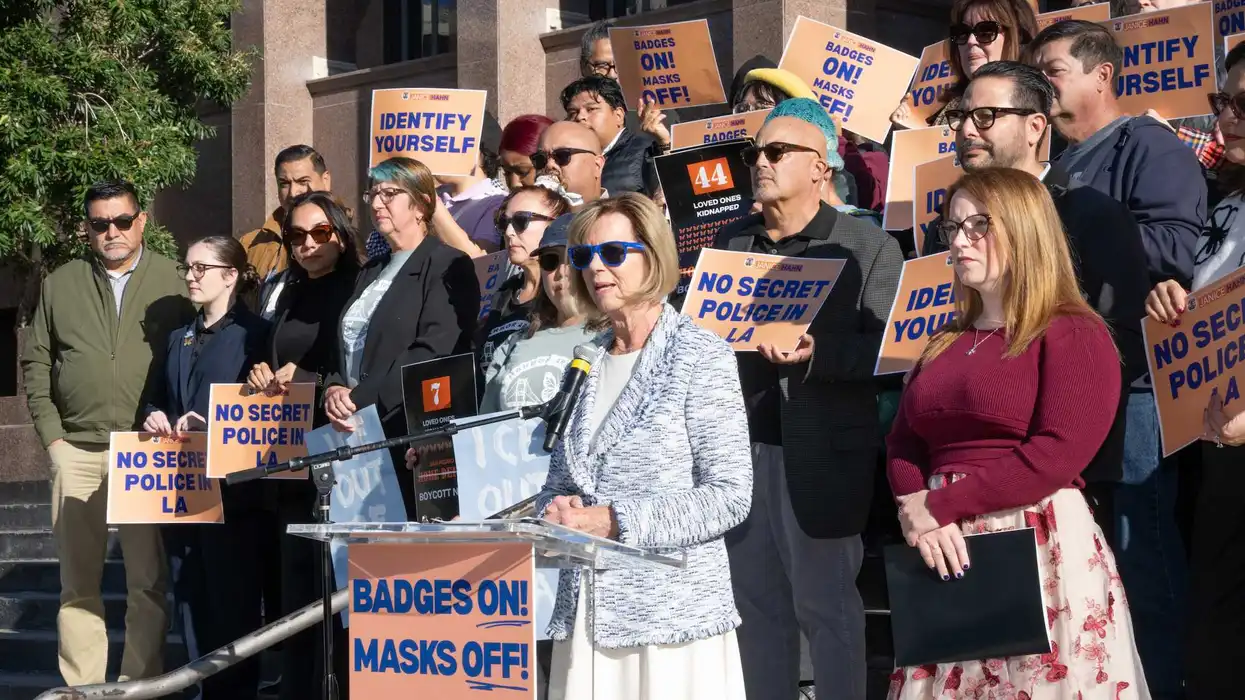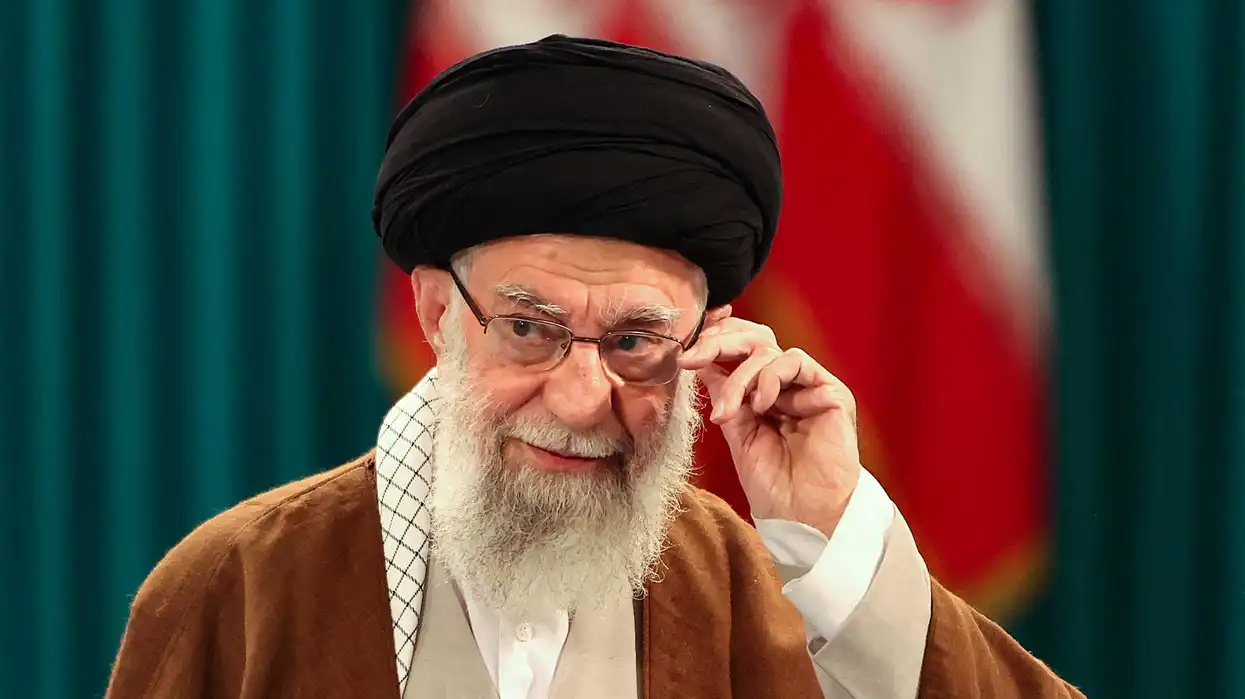
© 2025 Blaze Media LLC. All rights reserved.
GOP Rep. Gives Al Sharpton a Constitutional Lesson During On-Air Battle -- But Was He Right?
September 20, 2013
"Come on, congressman. That’s not what the country is supposed to be about."
Rep. Doug Collins (R-Ga.) and Al Sharpton clashed on MSNBC Thursday night while debating Republican-led efforts to defund Obamacare. While much of the conversation was characterized by the typical partisan bickering on the health care front, one point of contention in the back-and-forth stands out.
At one point, Sharpton asked how defunding efforts square with democratic ideals. The congressman responded by attempting to correct the "Politics Nation" host -- he said the U.S. government is actually a republic.
"What people don’t understand, congressman, is how we pass laws the Supreme Court upholds and you guys come in and say, ‘We’re not going to fund it and even worse, if money goes there, we’ll shut the whole government down,’" Sharpton said. "We thought we lived in a democracy. ... Come on, congressman. That’s not what the country is supposed to be about.”
 Rev. Al Sharpton, founder and president of the National Action Network, spoke at the Let Freedom Ring ceremony at the Lincoln Memorial Wednesday, Aug. 28, 2013, in Washington, to commemorate the 50th anniversary of the 1963 March on Washington for Jobs and Freedom. (AP)
Rev. Al Sharpton, founder and president of the National Action Network, spoke at the Let Freedom Ring ceremony at the Lincoln Memorial Wednesday, Aug. 28, 2013, in Washington, to commemorate the 50th anniversary of the 1963 March on Washington for Jobs and Freedom. (AP)
And that's when Collins decided to counter Sharpton's framing of U.S. government affairs.
“Hey Al, just a reminder, this isn’t a democracy. This is a republic,” he rebutted.
Sharpton, clearly surprised by the connotative debate he found himself in, responded with indignation, "Oh, this is not a democracy?"
That's when Collins told Sharpton to take a look at the Constitution.
"I really hope the people in the ninth district know in the next election they should not vote thinking this is a democracy. That Doug Collins says this is not a democracy," Sharpton said. "I’ll even send you the clip so you can play it in your next campaign."
Watch below, via MSNBC:
So, who's correct?
Let's take a brief look at how Encyclopedia Brittanica defines democracy: "literally, rule by the people. The term is derived from the Greek dēmokratiā, which was coined from dēmos (“people”) and kratos (“rule”) in the middle of the 5th century bc to denote the political systems then existing in some Greek city-states, notably Athens."
And Dictionary.com defines it as "a form of government in which the supreme power is vested in the people and exercised directly by them or by their elected agents under a free electoral system."
A republic, in contrast, is defined by Brittanica as follows:
form of government in which a state is ruled by representatives of the citizen body. Modern republics are founded on the idea that sovereignty rests with the people, though who is included and excluded from the category of the people has varied across history. Because citizens do not govern the state themselves but through representatives, republics may also be distinguished from direct democracy, though modern representative democracies are by and large republics.
Some might argue that Sharpton and Collins were splitting hairs. After all, isn't the difference between a republic and a democracy really just rooted in semantics? Not exactly, as the definitions highlight. Take for instance the following governmental description from TruTV:
America is technically not a democracy -- it's a republic. You may remember: "And to the republic for which it stands" In a true democracy, every single citizen is eligible to vote on every single issue — it would be like having referendums every day. In a constitutional republic (which the U.S. is), citizens elect leaders to make those decisions for them. And on a side note, back in 1776, democracy was a dirty word, the way terrorism is today, and the Founding Fathers wouldn't have been able to rally support for a new democratic nation.
Still, some would side with Sharpton -- or at least see his point -- noting that the U.S. is also a "representative democracy" (but not a direct democracy). Using the word "democracy" in this case wouldn't necessarily be entirely incorrect then.
So, there you have it. The denotative battle over governance continues.
(H/T: Politico)
--
[related]
Want to leave a tip?
We answer to you. Help keep our content free of advertisers and big tech censorship by leaving a tip today.
Want to join the conversation?
Already a subscriber?
Billy Hallowell is a digital TV host and interviewer for Faithwire and CBN News and the co-host of CBN’s "Quick Start Podcast."
Billy Hallowell
Billy Hallowell is a digital TV host and interviewer for Faithwire and CBN News and the co-host of CBN’s "Quick Start Podcast."
more stories
Sign up for the Blaze newsletter
By signing up, you agree to our Privacy Policy and Terms of Use, and agree to receive content that may sometimes include advertisements. You may opt out at any time.
Related Content
© 2025 Blaze Media LLC. All rights reserved.
Get the stories that matter most delivered directly to your inbox.
By signing up, you agree to our Privacy Policy and Terms of Use, and agree to receive content that may sometimes include advertisements. You may opt out at any time.






